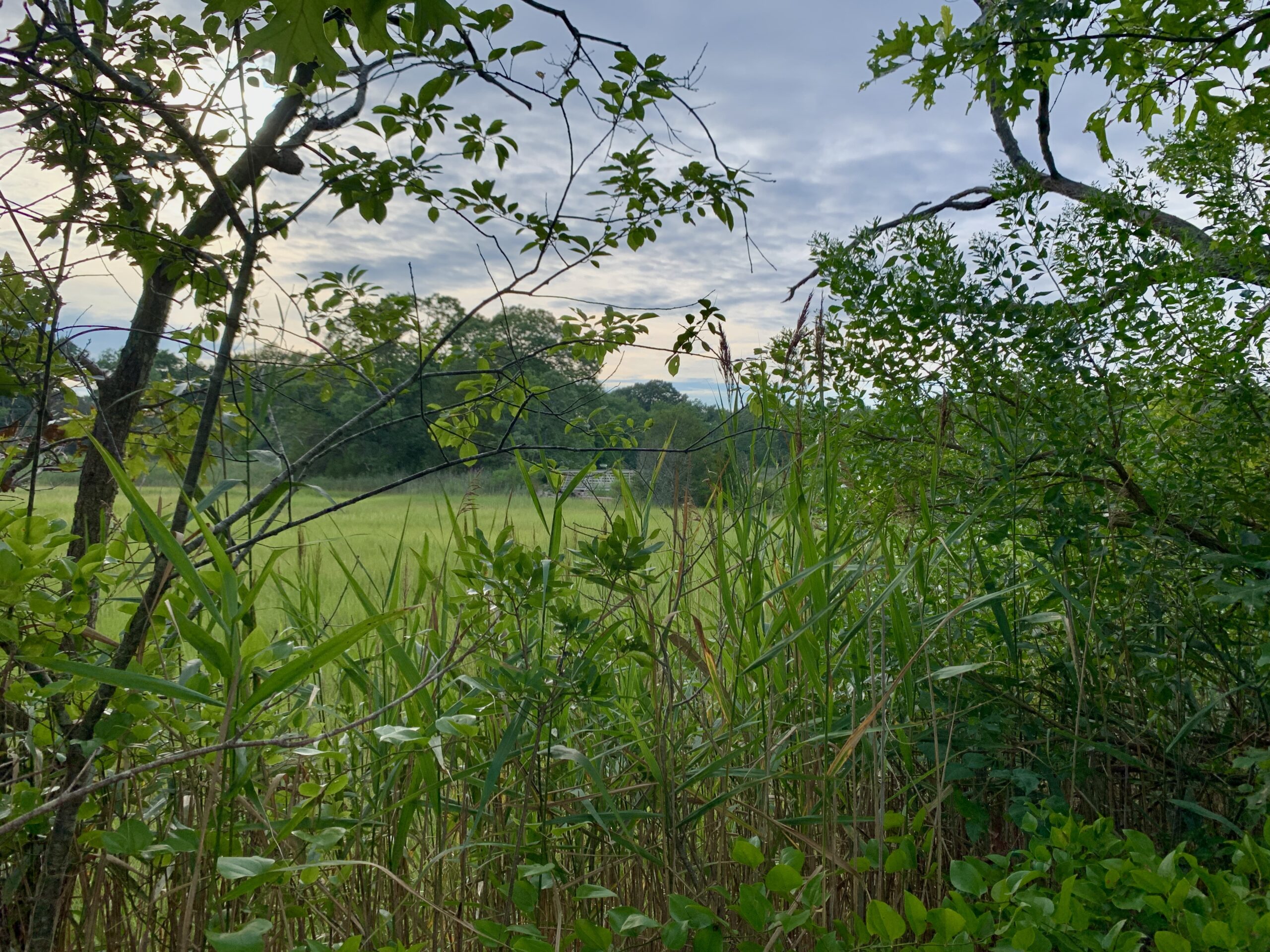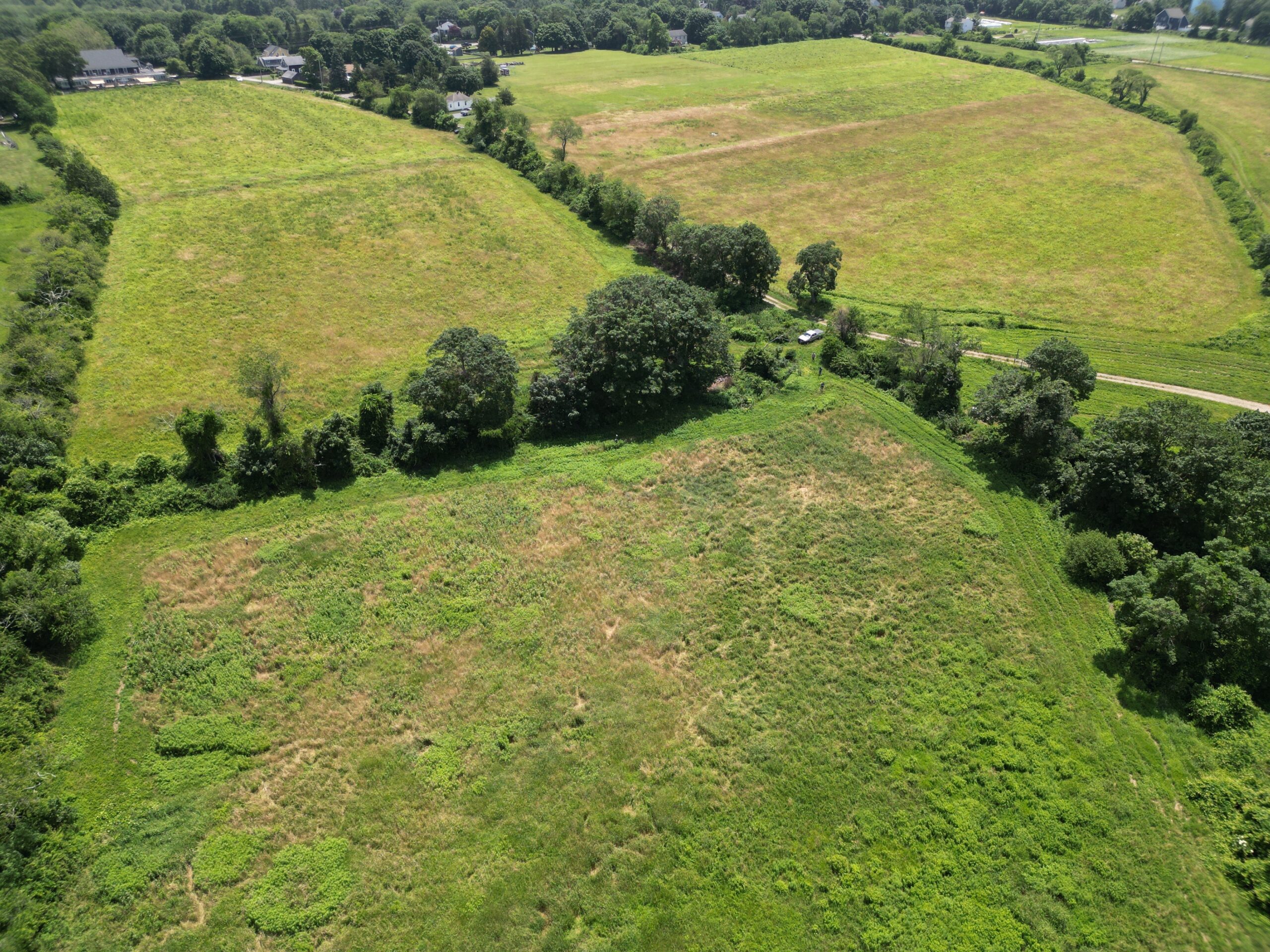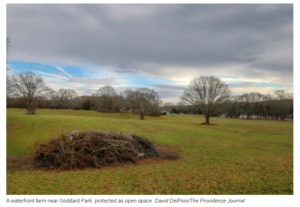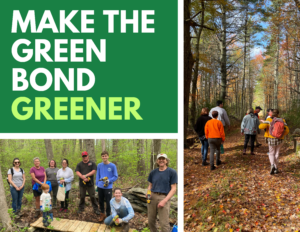
Advocacy

Advocacy

Advocacy
The Rhode Island Land Trust Council leads efforts to conserve land in both rural and urban areas of Rhode Island to secure thriving farms, resilient forests, healthy watersheds, welcoming shorelines and parks, well-maintained trails, biodiverse habitats, and clean drinking water for the benefit of all Rhode Islanders.
Interested in learning more about the RI State Legislature? The RI Food Policy Council has some amazing resources! Check out their infographics on Advocacy 101 and How Our Laws Are Made in Rhode Island.
To get the latest advocacy news and action alerts, join our Google Group!
Visit our Bill Tracker to stay up-to-date on relevant bills.
Policy Priorities

Land & Water Conservation
Conserved natural areas provide critical wildlife habitat, clean air, clean drinking water, and essential spaces for recreation and connection with nature. Access to parks and conservation areas is vital for improving mental and physical health outcomes, building strong, healthy communities across Rhode Island. Forests and wetlands store and sequester carbon, buffer storm impacts, and support climate resilience, making land and water conservation an indispensable part of the climate change solution.

Conservation and Housing

Enhancing Farmland Access
Rhode Island has the most expensive and unattainable farmland in the country. We will work with the land trust community to prioritize the protection of Rhode Island’s important farmland while ensuring that working lands remain in working hands. This includes advancing conservation methods that support farmers in owning land, strategizing to address farmland succession challenges, and supporting training opportunities for current and aspiring farmers.
Latest Updates

2024 Legislative Round-Up
This year, the Council successfully advanced two out of three of our legislative priorities.

You Made the Green Bond Greener!
Thanks to your incredible advocacy efforts over the last five months, we are excited to announce a significant victory for conservation in RI.

Op-ed: Urgent action needed to preserve RI’s green space
Read RILTC’s Providence Journal op-ed about the importance of conservation funding!

